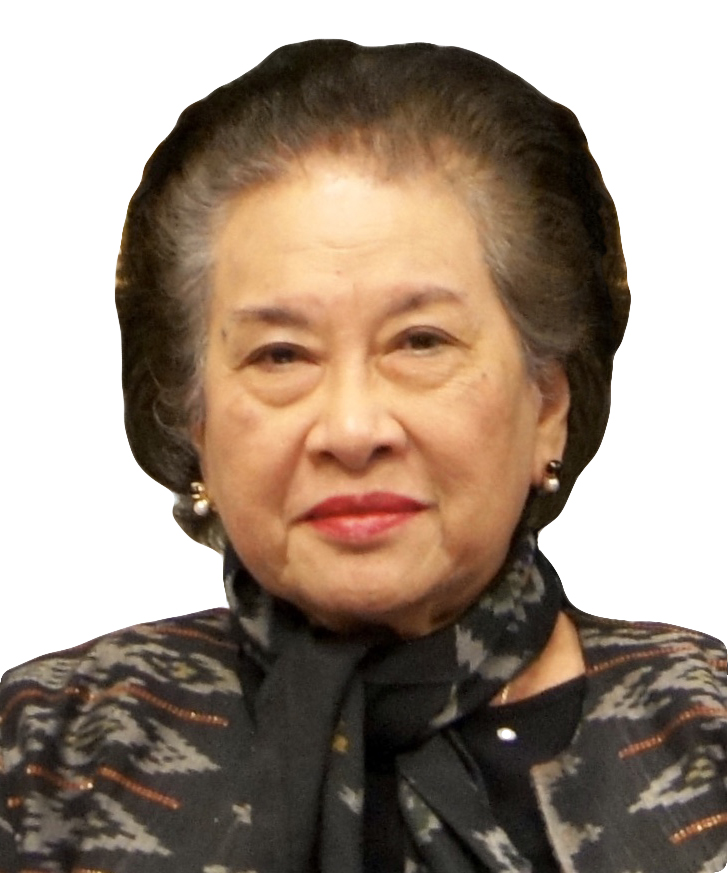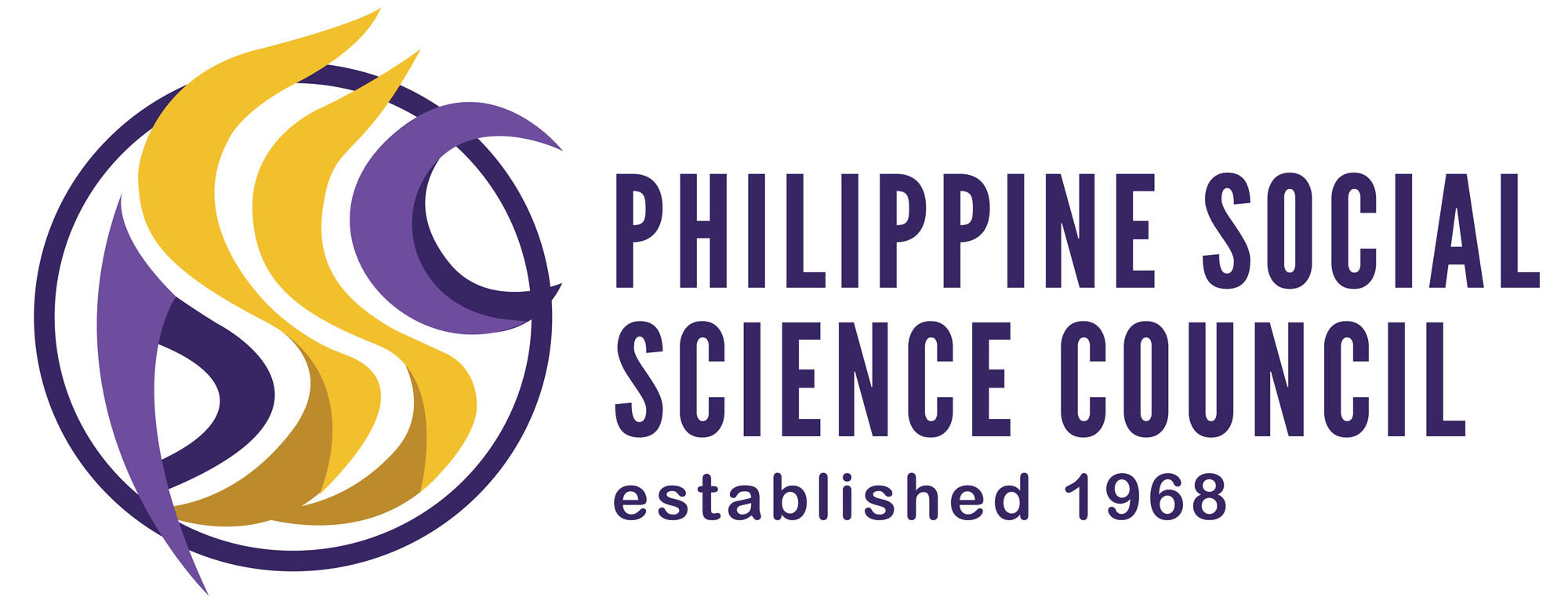
Dr. Bernardita “Nita” R. Churchill
Now a historian for more than six decades, Dr. Bernardita “Nita” R. Churchill did not always have her heart set on pursuing a career in history. Had her father had his way, she would have become an entirely different kind of doctor. He wanted her to become a medical doctor and had even saved up his World War II veteran’s benefits to finance the medical course he had envisioned for his daughter. Not wanting to disappoint him, Dr. Churchill initially enrolled in a pre-med course and spent her first three semesters in college studying the required science courses—botany, zoology, chemistry, physics, and mathematics. Despite her excellent performance in school, however, Dr. Churchill realized early on that medicine was not for her; her experience dissecting a frog and the thought of eventually having to dissect a cat and a cadaver proved decisive. Having successfully convinced her father to let her shift to another course, she transferred to the University of the Philippines (UP) College of Liberal Arts and began her lifelong journey as a student of history.
She completed her bachelor’s degree in UP in 1958, graduating magna cum laude and valedictorian of the College of Liberal Arts. Shortly after, she juggled life as a graduate student and graduate assistant at the UP History Department. At the rate of PhP1.00 per hour, she taught six units worth of classes, proctored and checked exams for senior faculty members, and performed other “odd jobs” in the department.
Her stay in UP History’s graduate program did not last long, however. Having secured a Southeast Asia Tuition Scholarship, she went on to complete her Master of Arts in Southeast Asian History, minor in Chinese History, degree at Cornell University in Ithaca, New York in 1961. There, she was taught by distinguished Southeast Asian scholars, such as D.G. Hall and C.D. Cowan (Burmese and Malaysian history), Lauriston Sharp (Thai anthropology), Frank Golay (Philippine economics), John Echols (Indonesian linguistics), and Knight Biggerstaff (Chinese history). She also met her future husband, Malcolm H. Churchill, then a Master’s student in economics, at Cornell.
In 1982, she obtained her doctorate in Southeast Asian History at the Australian National University in Canberra. Her doctoral dissertation, published in 1983 by the National Historical Institute (now the National Historical Commission of the Philippines), was on “The Philippine Independence Missions to the United States, 1919-1934,” a topic suggested by her former professor and later senior colleague in UP, Prof. Teodoro A. Agoncillo. In writing her dissertation, Dr. Churchill conducted extensive research both in the Philippines and the United States. She visited the Library of Congress and the National Archives in Washington, D.C, as well as American university libraries with Philippine collections, including Harvard, Yale, Michigan, UCLA, UC Berkeley, and Stanford.
As the first Philippine Studies Fellow at the Australian National University in 1981, she was tasked with teaching the course “History and Civilizations of the Philippines” to a diverse group of students, and with contributing to scholarly research on the Philippines in Australia. She then returned to the Philippines ready to share her newfound historical knowledge with Filipino students. To date, Dr. Churchill has taught in four Philippine universities. She served as Professorial Lecturer in Adamson University (1990), De La Salle University (1990-2001), and the University of Santo Tomas (2000-2002). From 1959 to 1966 and from 1972 to 2003, she was a faculty member in her alma mater, the University of the Philippines, serving as the Chairperson of its History Department from 1984 to 1987 and retiring at the highest rank of Professorial Lecturer 5.
Throughout her career, Dr. Churchill became a member of thirty-six professional organizations in the Philippines, the United States, Australia, and Spain. At present, she is still part of five social science associations in the Philippines—the Philippine National Historical Society, Inc. (PNHS), the Philippine Studies Association (PSA), Philippine Historical Association (PHA), the Philippine Association for Chinese Studies (PACS), and the Manila Studies Association (MSA)—of which all but the MSA are member-organizations of the Philippine Social Science Council. She currently serves as the President of the PNHS and the President emeritus of the PSA and the MSA. In the U.S., she remains a member of the Philippine Studies Group, Southeast Asia Council of the Association for Asian Studies (AAS), the American Historical Association, The Smithsonian Resident Associates, The Metropolitan Museum of Art, The Asian-American Forum, the Philippine Arts, Letters and Media (PALM) Council, and the US-Philippines Society.
She has convened, presented in, and served as keynote speaker in countless conferences, the latest being the PNHS’s 2020 National Conference on National and Local History, where she served as both convener and presenter. From 1976 to present, she has also written for and edited almost sixty journal and book publications.
Having already had a long and fulfilling career, however, Dr. Churchill noted that she “will eventually slow down and move out of the scene,” and as she passes the torch to her colleagues in the years to come, she is comforted by her confidence that they “will carry on the tradition [they] have set up.”
